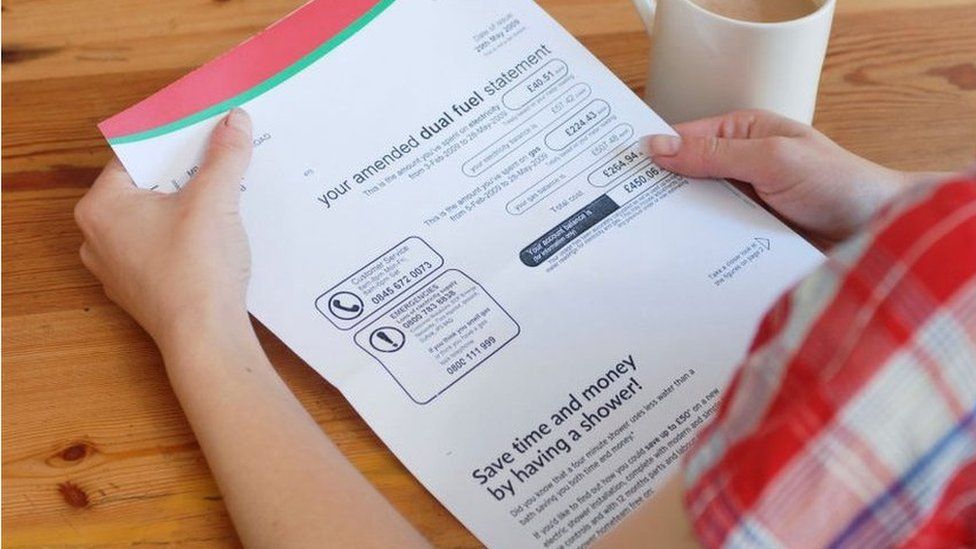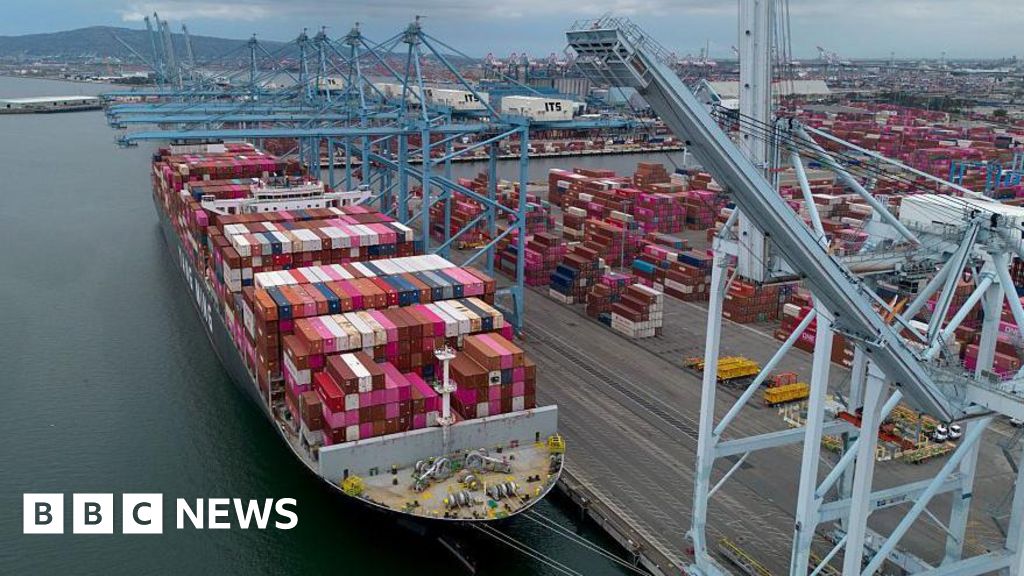ARTICLE AD BOX
By Kevin Peachey
Personal finance correspondent, BBC News
 Image source, Getty Images
Image source, Getty Images
Half a million households saw their energy direct debit payments double earlier this year, regulator Ofgem has said, despite prices rising by 54%.
The watchdog has told suppliers to review these cases to check whether such a large increase was justified.
The order comes as Ofgem announced six suppliers had moderate to severe weaknesses in the way they charged customers by direct debit.
They included Ecotricity, Good Energy, Green Energy UK and Utilita Energy.
UK Energy Incubator Hub (UKEIH) - which has since ceased trading - and TruEnergy were also found to have major weaknesses.
"Suppliers must do all they can, especially during the current gas crisis, to support customers and to recognise the significant worry and concern increased direct debits can cause," said Jonathan Brearley, Ofgem's chief executive.
"We know there is some excellent service out there, but we want to make sure that it's consistent and standard across the board. It's clear from today's findings on direct debits that there are areas of the market where customers are simply not getting the service they need and rightly expect in these very difficult times."
Direct debit demands
Millions of domestic gas and electricity customers cover their bills with an identical direct debit payment every month. This is set by their supplier based on the price, and a customer's previous and predicted energy use.
If someone has paid for more energy than they have actually used, a credit balance builds up.
Consumer groups and the public complained to the regulator about about "bad practices" by some suppliers - including questions over increases in direct debit demands and credit balances being too high.
The regulator has previously accused some firms of using customers' accumulated credit like an "interest-free company credit card".
On 1 April, yearly bills typically increased by £693 for about 18 million households on standard tariffs in England, Wales and Scotland, a rise of 54%. And some 4.5 million prepayment customers saw an average increase of £708 - from £1,309 to £2,017.
Last month Ofgem announced proposals which included tightening the rules on the level of direct debits that suppliers can charge to "ensure credit balances do not become excessive".
Ofgem also wants to protect credit balances when suppliers fail so the costs are not picked up by all bill payers.
Rising bills
Households in England, Wales and Scotland have their bills governed by the energy price cap. That limits the amount suppliers can charge per unit of energy, and for the standing charge, and is set every six months. From this winter, it is expected that this will change to a three-month period.
Earlier this week, Mr Brearley said that prices were likely to rise by more than expected this winter.
One industry analyst has predicted a rise of more than £1,200 a year in October. Cornwall Insight said that the typical domestic customer was likely to pay £3,244 a year from October, then £3,363 a year from January.
The typical bill at present is about £2,000 a year, which follows a £700 a year rise in April.
Starting on Thursday, direct payments will be made to low-income households to help with the cost of living and covering energy bills.

 2 years ago
39
2 years ago
39








 English (US) ·
English (US) ·